A review of the most interesting and impactful longevity related studies from March, with a look at how low frequency ultrasound can reverse cellular senesce…
Get the latest international news and world events from around the world.
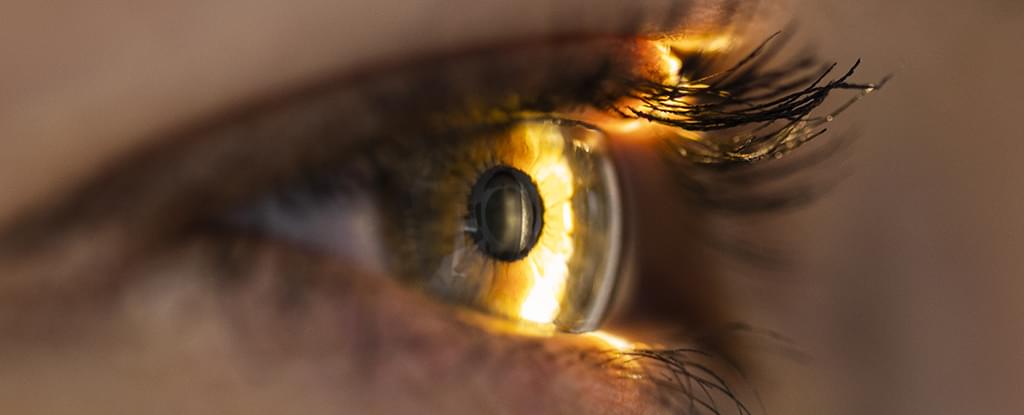
Something in The Back of Your Eye Could Reveal Whether You Have ADHD
An accurate diagnosis of ADHD is crucial in bringing clarity and the right support to people who need it, but current diagnosis methods are time-consuming and inconsistent. A new study suggests AI could help.
Researchers in South Korea trained machine learning models to connect characteristics in photos of the fundus at the back of the eye to a professional diagnosis of ADHD (attention deficit hyperactivity disorder).
Of four machine learning models tested in the study, the best achieved a 96.9 percent score for predicting ADHD accurately, based on image analysis alone.
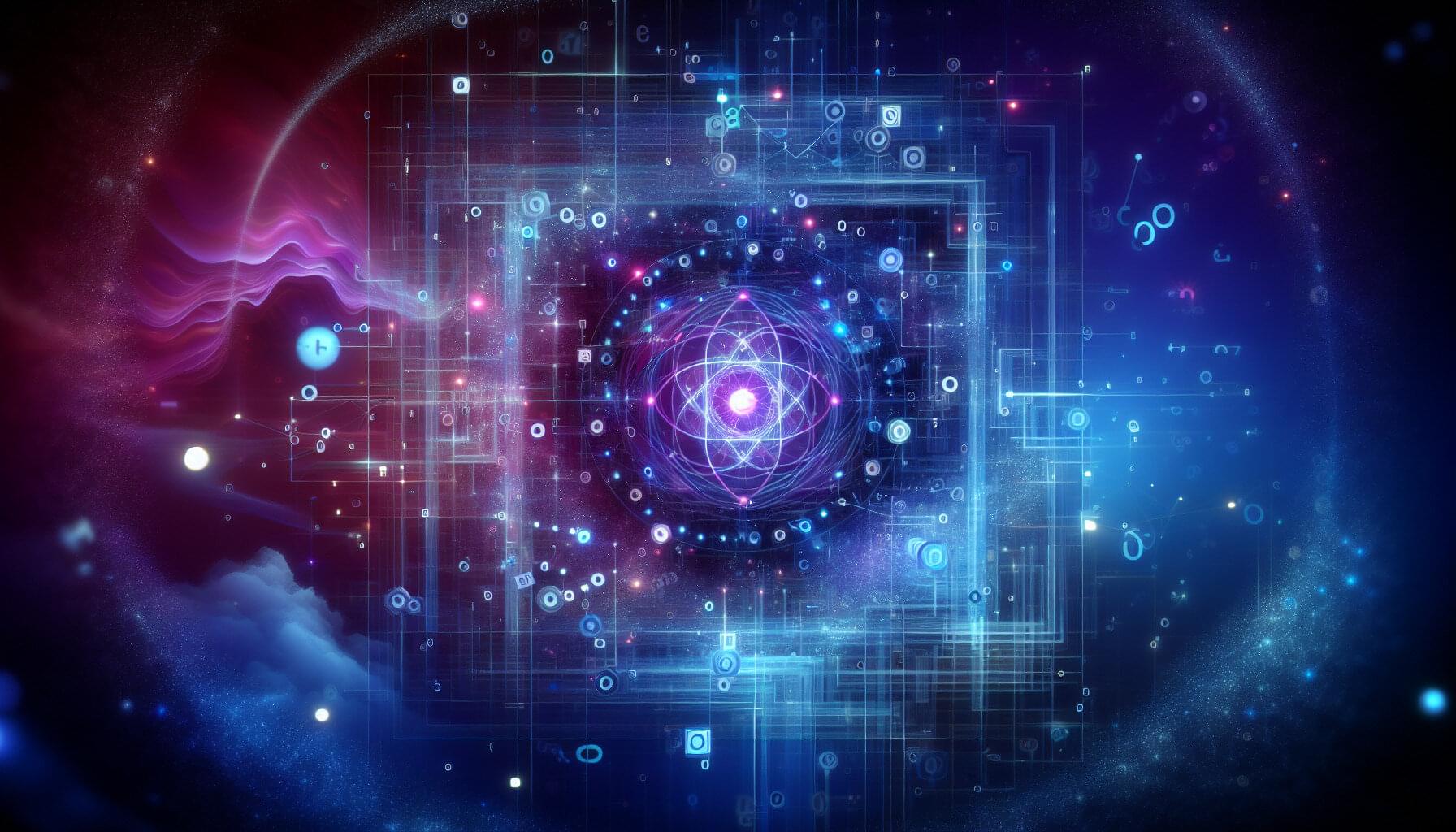
Quantum computer outperforms supercomputers in approximate optimization tasks
A quantum computer can solve optimization problems faster than classical supercomputers, a process known as “quantum advantage” and demonstrated by a USC researcher in a paper recently published in Physical Review Letters.
The study shows how quantum annealing, a specialized form of quantum computing, outperforms the best current classical algorithms when searching for near-optimal solutions to complex problems.
“The way quantum annealing works is by finding low-energy states in quantum systems, which correspond to optimal or near-optimal solutions to the problems being solved,” said Daniel Lidar, corresponding author of the study and professor of electrical and computer engineering, chemistry, and physics and astronomy at the USC Viterbi School of Engineering and the USC Dornsife College of Letters, Arts and Sciences.

Boy with ‘death sentence’ disease living a normal life after breakthrough gene therapy
A four-year-old boy with a life-threatening immune disease is now living a normal life thanks to a pioneering gene therapy trial.
Eisa Hussain, who suffers from a severe form of leukocyte adhesion deficiency 1 (LAD-1), can now play football and attend school – milestones his family once thought impossible.
LAD-1 cripples the immune system, leaving children vulnerable to infections. Without treatment, the most severe cases are often fatal before the age of two.
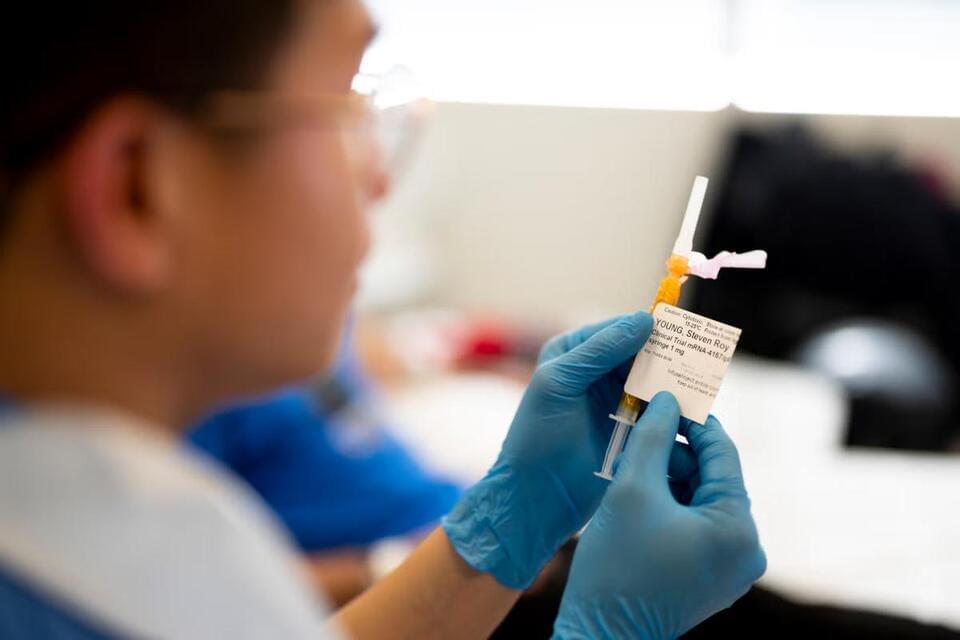
New vaccine to treat 15 types of cancer now available on NHS
A new jab which allows cancer patients to be treated with just one injection is set to be rolled out by the NHS for 15 different types of the disease.
Patients will be able to receive the immunotherapy in a vaccine, called nivolumab, in a treatment that will take just 15 minutes rather than spending an hour on an IV drip.
Around 1,200 patients a month will receive it for 15 different types of cancer, including skin, bladder and oesophageal cancer as England becomes the first country in Europe to offer it.

Organic solar panels reach 8.7% efficiency for the first time — twice the previous record
Japanese scientists have created all-organic solar cells made of carbon-based materials with a record efficiency of 8.7% for this type of cell.
It is noted that the amount of solar energy that reaches the Earth every day is 10 times higher than all the existing needs of humanity. Over the past 6 years, there has been a rapid development of cells for solar panels. However, there are still a number of challenges to their widespread use, including high production costs, efficiency, and environmental impact.
Silicon is currently the most widely used material in solar cells. However, such cells often also contain potentially hazardous materials that are difficult to dispose of in an environmentally friendly manner.
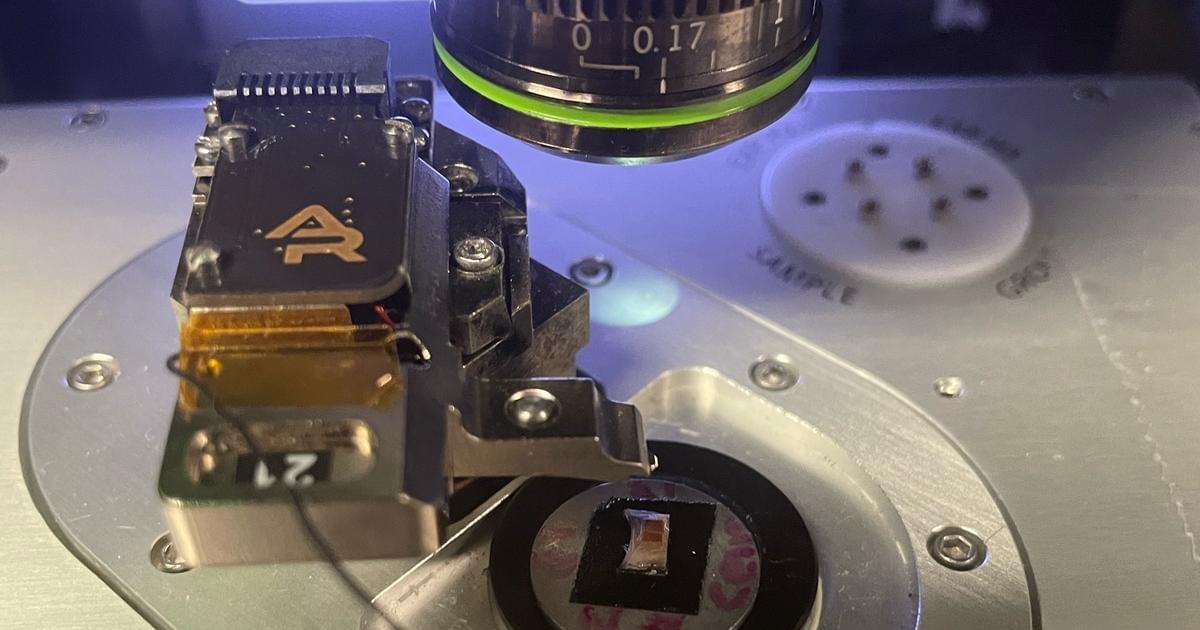
Iron-fortified lumber could be a greener alternative to steel beams
Although lumber does show promise as a renewable alternative to structural materials such as steel and concrete, it still tends to be a bit weaker than those substances. Scientists have now set about addressing that shortcoming, by strengthening wood with added iron.
Led by Asst. Prof. Vivian Merk, a team of researchers at Florida Atlantic University (FAU) started out with cubes of untreated red oak hardwood. Red oak – along with hardwoods like maple, cherry and walnut – is an example of what’s known as ring-porous wood. In a nutshell, this means that it utilizes large ring-shaped internal vessels to draw water up from the tree’s roots to its leaves.
The scientists proceeded to mix ferric nitrate with potassium hydroxide, creating a hard iron oxide mineral called nanocrystalline ferrihydrite, which occurs naturally in soil and water. Utilizing a vacuum impregnation process, nanoparticles of that ferrihydrite were drawn into the wood and deposited inside of its individual cell walls.
Control the Composition of AI-Generated Images With the NVIDIA AI Blueprint for 3D-Guided Generative AI
NVIDIA’s AI Blueprint combines Black Forest Labs’ FLUX.1-dev as an NVIDIA NIM microservice, ComfyUI and Blender in a prebuilt workflow optimized for RTX AI PCs.
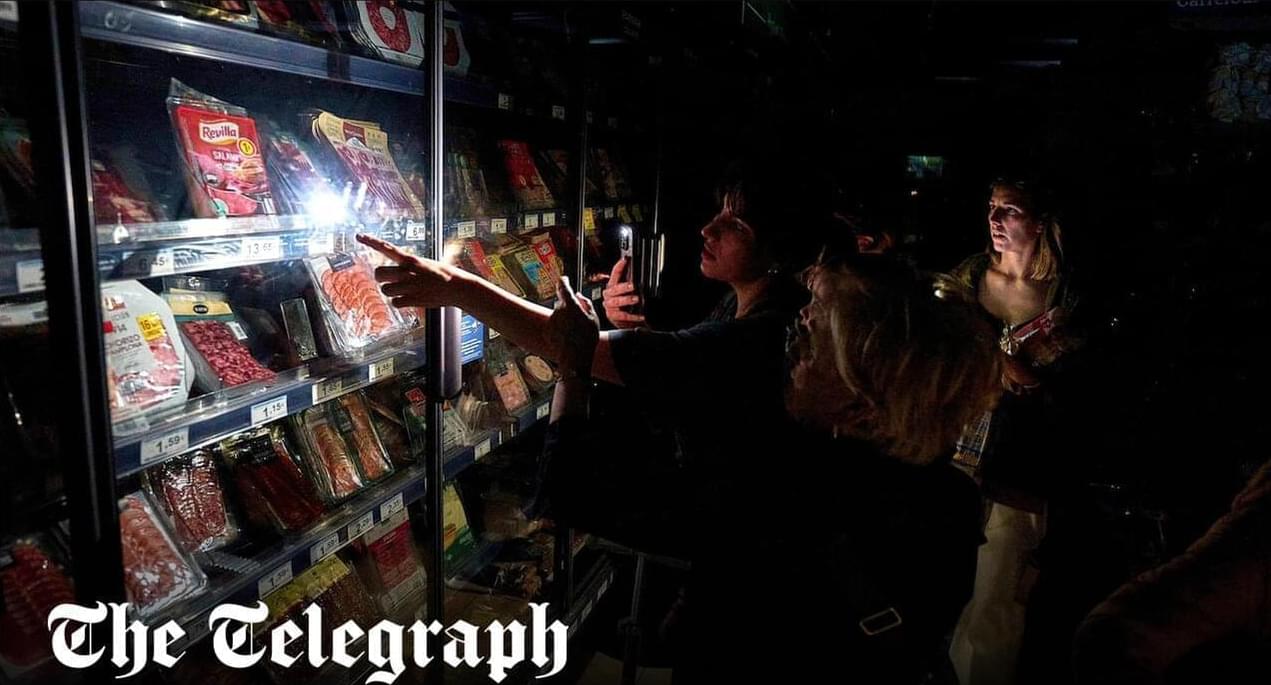

More than 90 per cent of Spain’s power restored
Power in Spain and Portugal has been mostly restored after a mass blackout paralysed most of the Iberian Peninsula.
Just over 92 per cent of Spain’s power is back, REE, the country’s electricity operator said early on Tuesday, and around 80 per cent of customers in Portugal are reported to have electricity.
Spain has declared a state of emergency in what is believed to be Europe’s largest power cut.